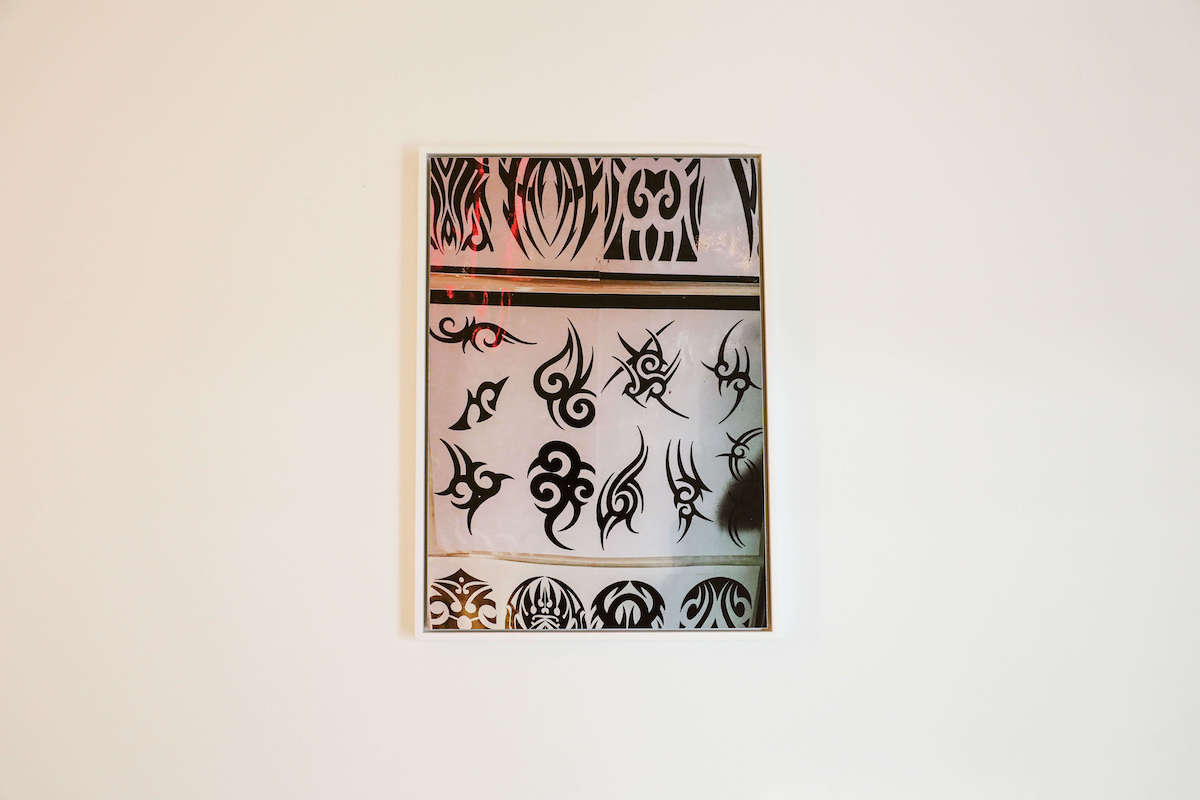
Paulo Nimer Pjota - 2017
Paris
The starting point of Paulo Nimer Pjota’s works is the nature of collectively originated phenomena. His research and practice focus on an in-depth study of a kind of popular iconography which can only develop through complex processes operated by numerous individuals. We can therefore think of his production as the representation of a plural and agitated dialogue, with ever-changing interpretations, running through multiple streams of consciousness.
The artist usually employs, large un-stretched canvas’ and sheets that incorporate detailed renderings of plants, vases, isolated words, cartoon and historical characters. He creates overarching tales within the tension between the freedom of random choice and the precision of a meticulous composition, combining representations in a constellation of suspended bodies. This is when art history and mass culture go hand in hand, as well as universal canons and symbols, everyday banalities and regional themes.
More than anything, he is interested in the processes and mechanisms that produce, edit and disseminate human expressions during a time that is dominated by the internet and ultra-communication. Through rhythm, rhyme and repetition, images arise, which index the common perceptions of a globalized planet and, consequently, expose deep inequalities. Questioning the way in which we formulate information and distribute our affections, configuring our sensibilities towards our surroundings and promoting hither to unthinkable possibilities of social interaction.
Paulo Nimer Pjota (São José do Rio Preto, 1988) lives and works in São Paulo.
His most recent solo exhibitions include Cenas de Casa, Caixa de Pandora, Ivani e Jorge Yunes Collection, São Paulo (2019); Mendes Wood DM, São Paulo (2018); Mendes Wood DM, Brussels (2017); Maureen Paley / Morena di Luna, Hove (2017). Additionally, his work has been included in institutional group exhibitions such as in the Astrup Fearnley Collection, Astrup Fearnley, Oslo (2019); Kunsthal Rotterdam, Rotterdam (2019); Fondation Carmignac, Porquerolles (2018); KRC Collection, Voorschoten (2018); Biennal of Contemporary Art Belgrade, Serbia (2018); 11ª Bienal de Artes Visuais do Mercosul, Porto Alegre (2018); The KaviarFactory, Lofoten (2017); Kunsthal KAdE, Amersfoort (2016); 19º Sesc_Videobrasil, São Paulo (2015); Here There, Qatar Museums – Al Riwaq, Doha (2015); Imagine Brazil, Astrup Feranley Museet, Oslo (2013) / DHC/Art Foundation for Contemporary, Montreal (2015); 12 Biennale de Lyon, Lyon (2013).




